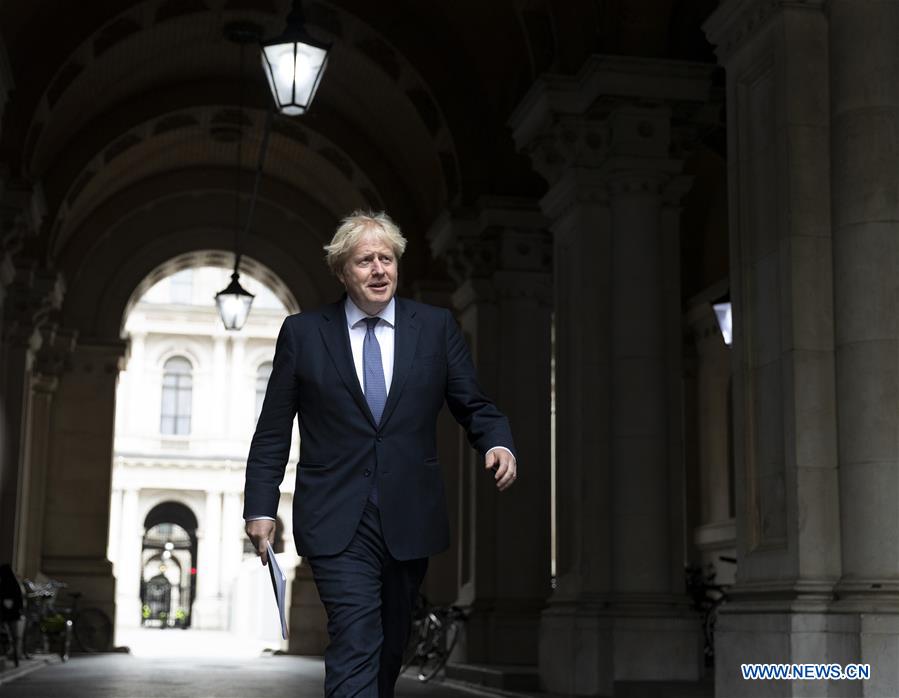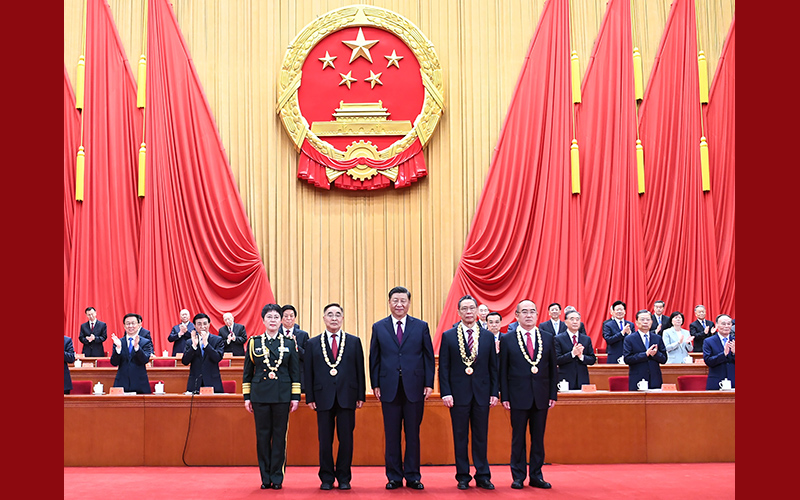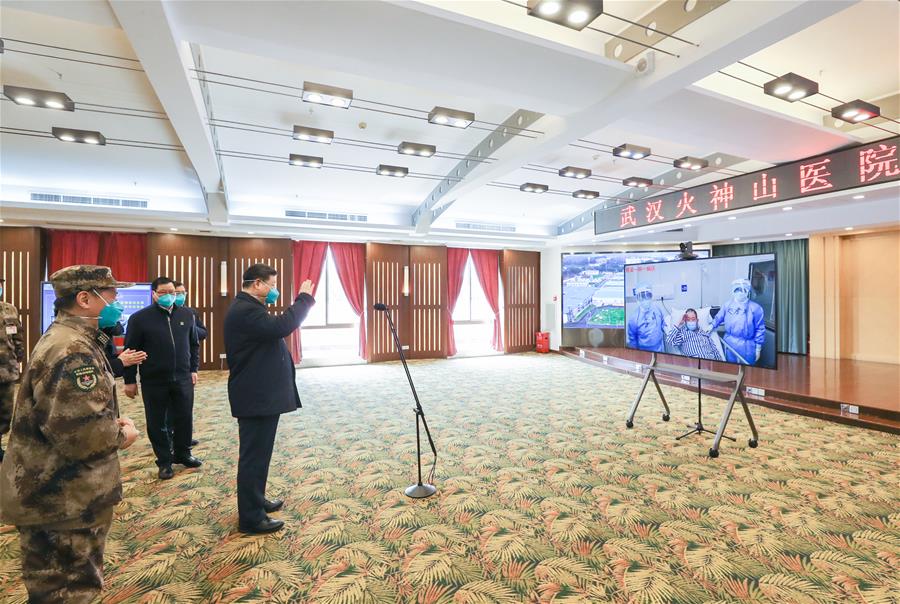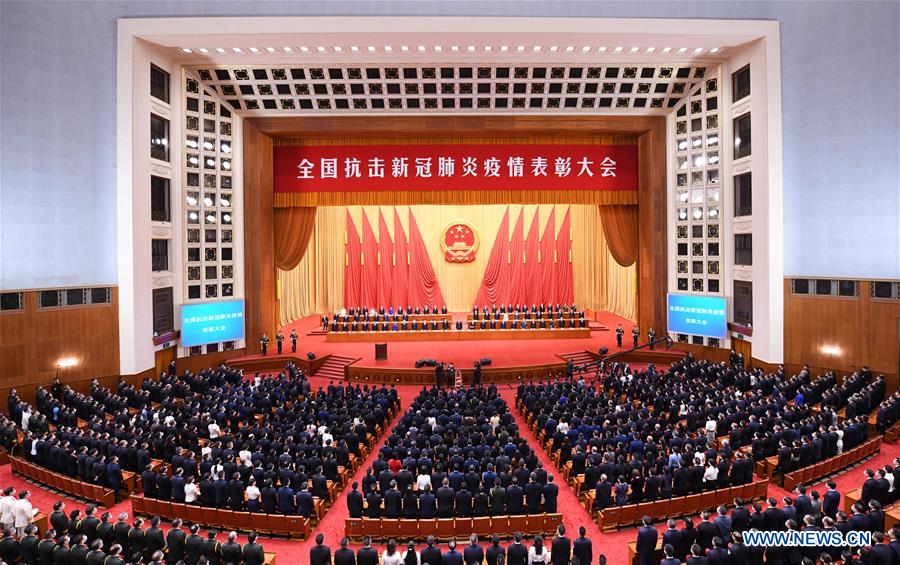
British Prime Minister Boris Johnson walks back to 10 Downing Street in London, Britain, Sept. 8, 2020. Crucial talks aimed at finding a post-Brexit trade deal between Britain and the European Union (EU) opened Tuesday in London. Boris Johnson said Monday that he wants a post-Brexit trade deal agreed with EU by an Oct. 15 deadline, warning that a failure of that could mean London ending its EU membership with no deal. (Xinhua/Han Yan)
LONDON, Sept. 8 -- Crucial talks aimed at finding a post-Brexit trade deal between Britain and the European Union (EU) opened Tuesday in London.
Britain's chief Brexit negotiator David Frost called for realism from the EU side prior to the talks, insisting there was still time for the two sides to agree on a post-Brexit trade deal.
British communities secretary Robert Jenrick said on the Times Radio station Tuesday that the government was willing to leave without a deal if necessary and urged the 27 member states of the bloc to show flexibility.
British Prime Minister Boris Johnson said Monday that he wants a post-Brexit trade deal agreed with the European Union (EU) by an Oct. 15 deadline, warning that a failure of that could mean London ending its EU membership with no deal.
However, for some business leader in Britain, "a no deal would be the worst outcome for consumers."
"Amid all the noise and negotiations, businesses in the UK and EU remain clear, a good deal is essential. An agreement will be the foundation for post-COVID recovery across the continent," said Josh Hardie, deputy director general of the Confederation of British Industry.
Britain ended its EU membership on Jan. 31 but is still following EU rules during the transition period until Dec. 31 to enable a permanent future trade deal to be reached. During this period, Britain would have to pay into EU funds but have no say in laws imposed by Brussels.
Both sides have said for a deal to be ready for implementation from January 2021, details need to be agreed by mid-October.
But negotiations stalled last month over fishing rights and a so-called level playing field over future subsidies to British industry













